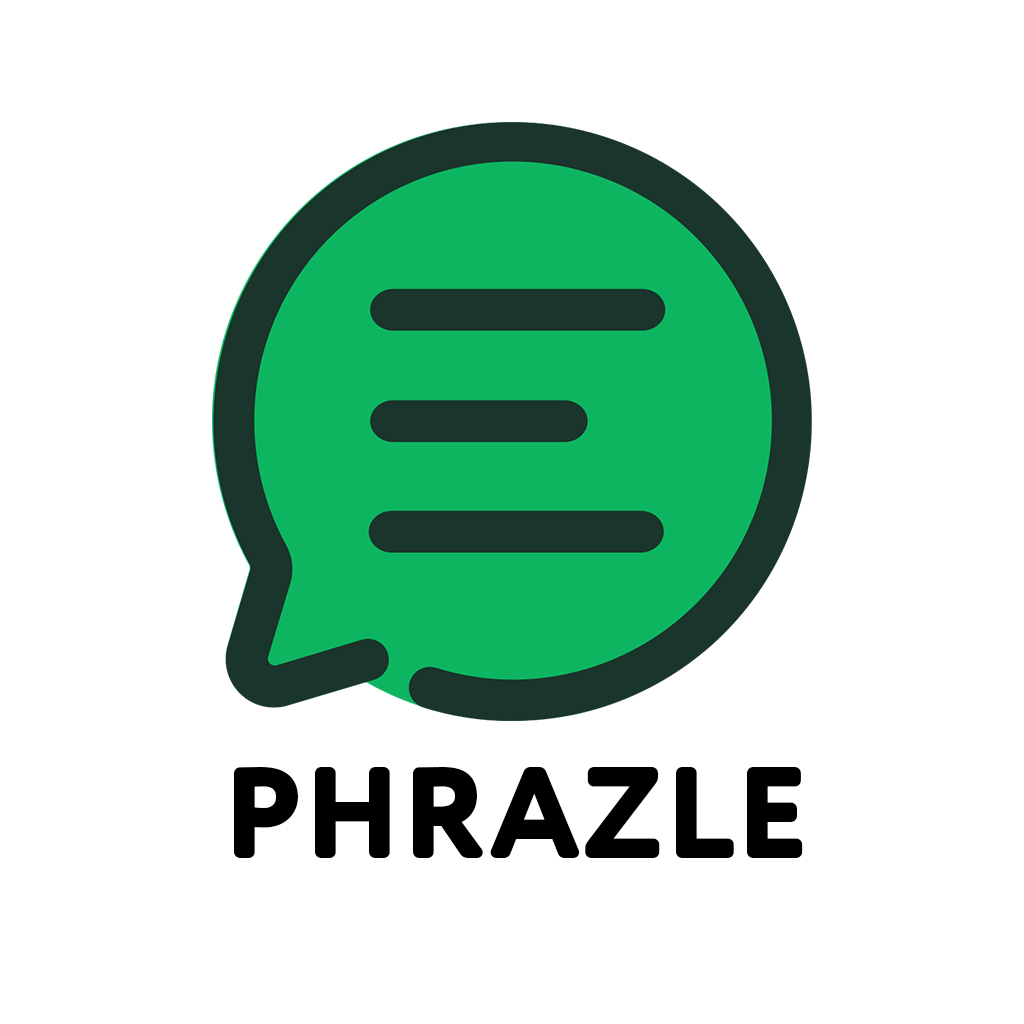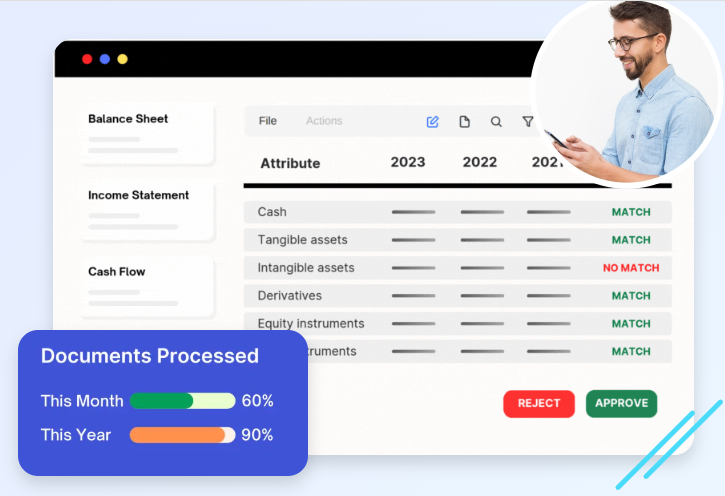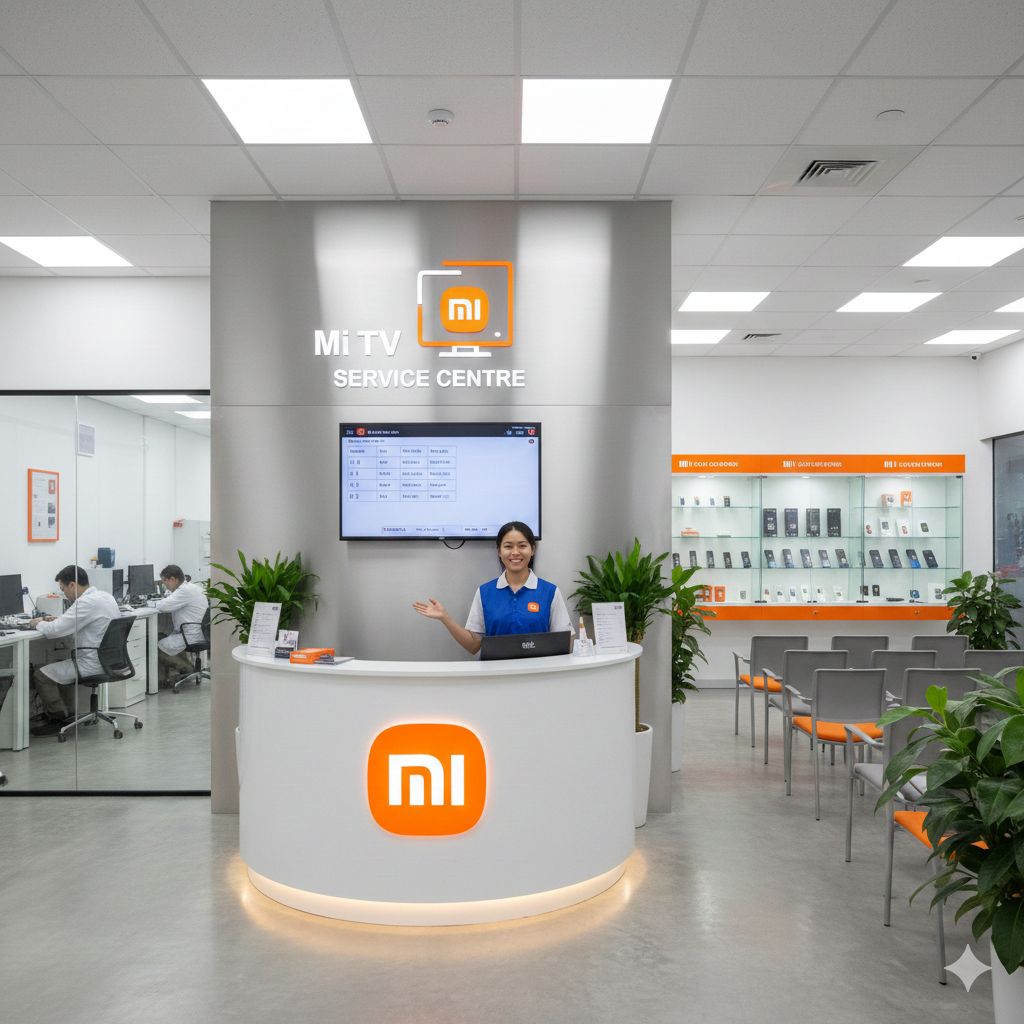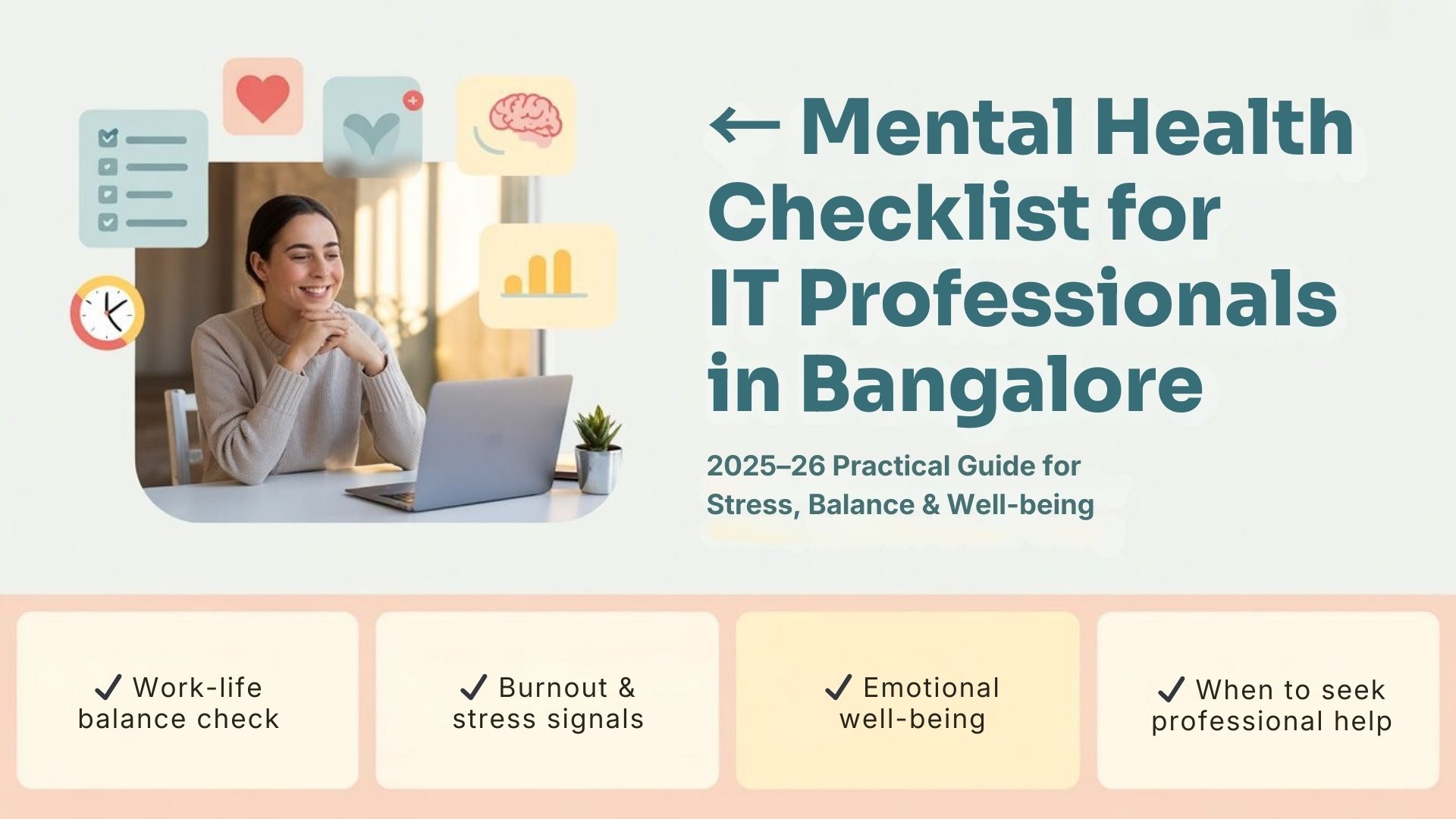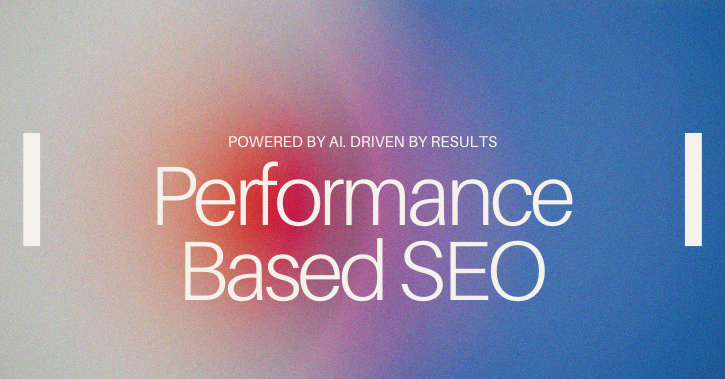Artificial Intelligence and The Illusion of Choice or Consent

In today’s digital age, artificial intelligence (AI) has seamlessly integrated itself into almost every aspect of our lives—from social media feeds and product recommendations to health diagnostics and job applications. Yet, while AI promises efficiency and personalization, it also raises critical concerns around autonomy, privacy, and control. One of the most pressing of these concerns is the phenomenon of Artificial Intelligence and The Illusion of Choice or Consent.
At its core, the illusion of choice or consent refers to the deceptive appearance that individuals are freely making decisions, when in fact, those choices are subtly manipulated or constrained by algorithms. With the increasing ubiquity of AI, this illusion has only deepened, challenging the fundamental principles of informed consent and personal agency.
Algorithmic Influence on Human Behavior
AI systems are designed to optimize outcomes—often not for the user, but for the business that owns the technology. Social media algorithms, for instance, prioritize content that will generate engagement, not necessarily content that is truthful, healthy, or empowering. As users, we think we’re choosing what to watch, read, or believe, but in reality, we’re being fed options strategically curated to influence behavior.
This is where the concept of Artificial Intelligence and The Illusion of Choice or Consent becomes most evident. Are you really choosing that video or article, or is it choosing you?
Consent Without Understanding
A major concern is the complexity and opacity of AI-driven systems. Most users cannot understand, let alone evaluate, how data is collected or decisions are made. When apps or platforms ask for consent, it’s often buried in lengthy, jargon-filled privacy policies. By the time users click “Agree,” they have little to no real understanding of what they’re consenting to.
This form of pseudo-consent is particularly troubling. It assumes that users have the knowledge and freedom to make informed decisions, when in reality, their consent is neither fully informed nor genuinely voluntary. This is a direct manifestation of Artificial Intelligence and The Illusion of Choice or Consent.
Personalization vs. Manipulation
AI’s power lies in its ability to personalize. It knows your shopping habits, predicts your preferences, and suggests what to eat, watch, or buy. While this can enhance convenience, it also narrows the scope of discovery and can reinforce biases. The illusion of choice comes from being shown what seems like a broad range of options—when in fact, all those options are filtered through a limited, pre-set algorithmic lens.
Are we truly deciding what we want, or are we simply selecting from what AI decides we should want?
Surveillance Capitalism and Data Exploitation
Many AI systems operate under the economic model of surveillance capitalism, where user data is harvested, analyzed, and monetized—often without explicit or meaningful consent. Companies extract value from every click, swipe, and pause, feeding AI engines that refine their ability to manipulate future behavior.
This ecosystem is built on the illusion that users are in control, that they are willingly participating in a data-driven exchange. In reality, most people have little idea about the extent of data collection and how it shapes the services they use. Thus, Artificial Intelligence and The Illusion of Choice or Consent is not just a theoretical concept—it’s a lived experience for billions.
Ethical and Policy Implications
The blurring of choice and manipulation has serious ethical implications. It calls into question the legitimacy of consent in digital environments and highlights the need for stronger regulations and greater transparency.
Policymakers are beginning to respond, but often at a slower pace than technological development. Efforts like the EU’s General Data Protection Regulation (GDPR) and proposed AI Act aim to give users more control, but implementation challenges remain.
Developers, too, have a responsibility. Ethical design practices, algorithmic transparency, and user empowerment must be central to future AI development. The goal should be to restore genuine choice and informed consent—not just the appearance of it.
What Can Users Do?
While the structural issues require systemic change, individuals can take steps to protect their autonomy:
- Be critical of personalization: Understand that recommendations are not neutral—they’re designed to serve someone’s interests.
- Read privacy settings carefully: Customize them whenever possible to limit data sharing.
- Support ethical tech: Choose platforms that prioritize transparency and user rights.
- Educate yourself: Awareness is the first step in resisting manipulation.
Conclusion
Artificial Intelligence and The Illusion of Choice or Consent is one of the most subtle yet profound challenges of our time. As AI becomes more embedded in our lives, the need to reclaim authentic agency and meaningful consent grows more urgent. It’s not enough to have the option to choose—we must ensure that the choices presented to us are real, fair, and free from hidden manipulation.
In the end, the future of ethical AI hinges not just on smarter algorithms, but on a renewed commitment to human dignity, transparency, and truth.
Read also : https://onlinetechlearner.com/


 English
English 









